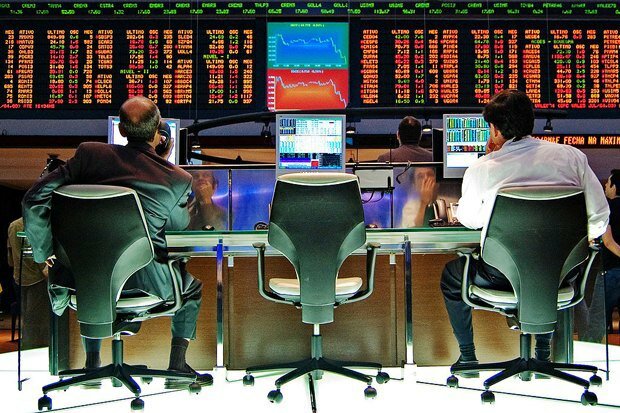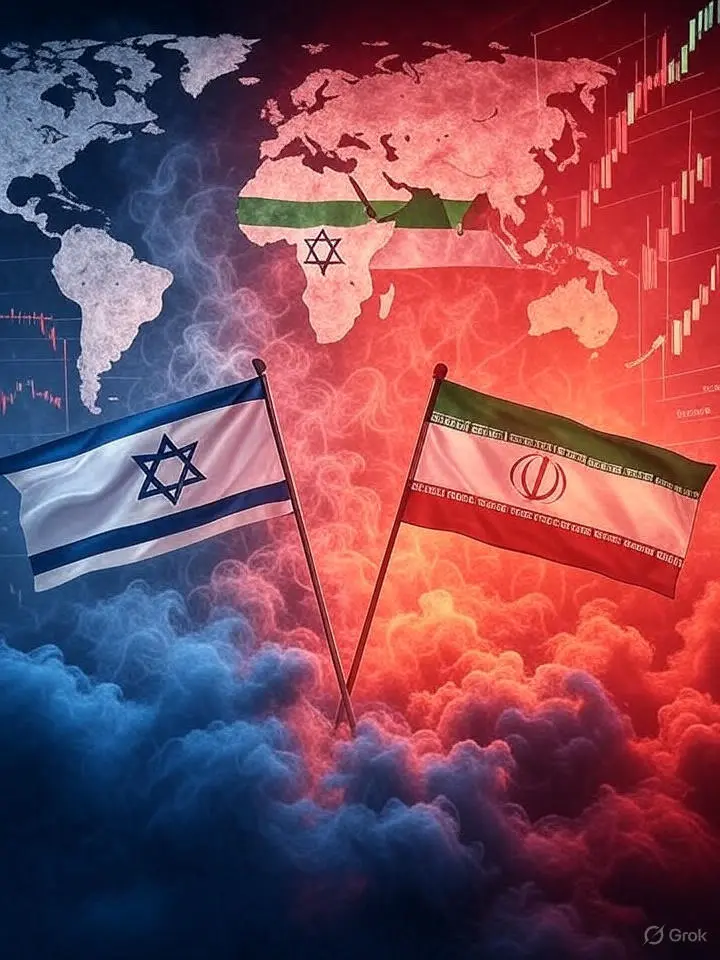Once a year, frequency trading costs financiers of the global securities market billions of dollars.
This assessment is based on academic research, which was recently accepted for publication in the Quarterly Journal of Economics Creators of the analysis "Quantitative assessment of the "arms race" of high-frequency participants in exchange trading"- Eric Budish of the Chicago Institute, Matteo Aquilina and Peter O'Neil of the Office of the Monetary Authority of England.

This is a new study – 1-oe, which really determines the price of HFT. Researchers were able to calculate it, since they had access to the hard-to-reach data on the attempts of HFT-participants of exchange trading to make profitable transactions. It is necessary to emphasize, that these, which recently became available data, included not only attempts, crowned with furror, yes and those, which were not successful.
Budis emphasizes, that the advantage is usually only from 5 to 10 Microseconds – from 0,000005 to 0,000010 seconds. That's why the big HFT companies put so much effort into it., to make high-speed connections to the floors of different exchanges. WSJ recently said, that HFT companies, who have so far relied on such technologies, like lasers and advanced fiber optic cables, to gain a competitive advantage, now looking for satellites to provide even more rapid connections.
HFT intercessors claim that, that all financiers are more profitable because of these countless tiny arbitrage operations, which occur a large number of times daily. Spreads between bets and offers are much smaller, which reduces trade costs.
Current markets are much more productive, than in past decades, when people were required to find and correct price discrepancies. However, he also said., that HFT has a downside: frequency trading reduces liquidity, because "buyers and traders are alarmed, that their offers to acquire or sell shares will become obsolete and will be withdrawn by HFT organizations", – Budish said.
On average, according to Budish, price change for at least some trader, which received the worst execution is virtually inconspicuous, but on the scale of the world securities market comes a large amount. Researchers made calculations, what in 2016 year this amount was $5 billion. Certainly, in our time it is much more.
On the one side, emphasizes Budis, HFT companies don't do anything disgusting.. They're just using that circumstance., that the same stocks are traded on a huge number of different exchanges, thus inevitably creating opportunities for arbitration.
From the other side, adds Budish, This does not mean, that the current state of affairs must be maintained. Stocks and bods market, would be even more effective, if billion dollars, which are accumulated by HFT-organizations, instead of this, they increased the liquidity of the market..
Budish and his fellow researchers advise the usual – in fact – changes in the structure of markets, which is called "frequent batch trading". Their unblemished effect would be that, to force HFT companies to compete on cost, but not in speed. In other words, in case of adoption of frequent package auctions, HFT orders will be successful only in this case, if companies are willing to sell at higher prices, than all the others, or take at lower prices.

